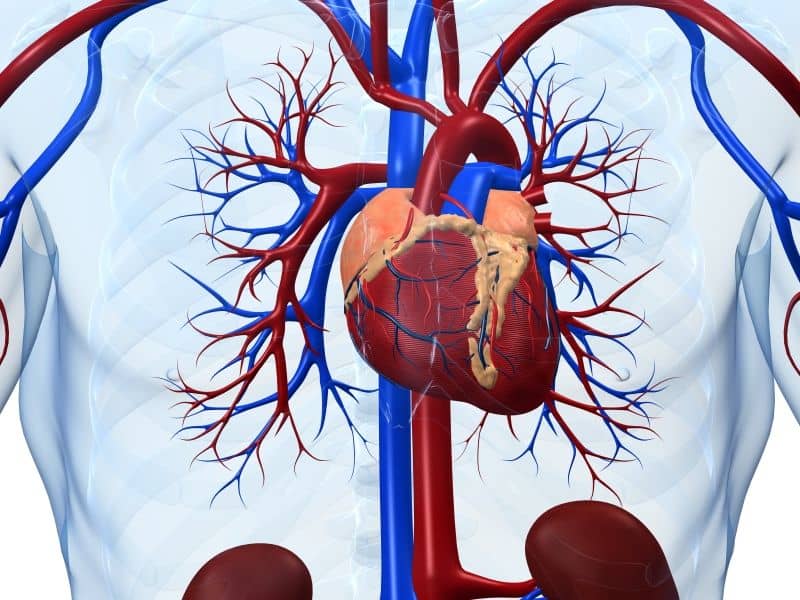Herein, we describe the covalent attachment of resveratrol, a naturally occurring antioxidant, to the surface of stainless-steel as a model for designing a novel bare-metal stent to treat coronary artery disease. Resveratrol has been shown to reduce oxidative stress in dysfunctional endothelial cells, and stimulate arterial healing. Resveratrol treatments, however, are limited by low water solubility, such that a localized delivery to the site of arterial narrowing via a coated stent presents a promising strategy for improving stent outcomes. Our attachment strategy utilizes zirconium vapor deposition to lay down a thin layer of zirconium oxide with labile hydrocarbon groups at the surface. Resveratrol can displace these hydrocarbons in aprotic solvent to afford a covalently attached layer of resveratrol. We evaluated the release of resveratrol under a range of pH levels, including physiological conditions (pH = 7.4 and 37 °C). Furthermore, we established that endothelial cells grown on a resveratrol-bound surface release elevated nitric oxide levels compared to controls, a key endothelial signaling molecule responsible for arterial health. These results are promising toward the development of a resveratrol-coated bare-metal stent to improve patient outcomes.© 2020 Wiley Periodicals, Inc.
Covalent attachment of resveratrol to stainless steel toward the development of a resveratrol-releasing bare-metal stent.


